I am a dairy farmer and farm 163ha in partnership with my brother near Amiens in northern France. We grow 100ha of wheat, starch potatoes and sell beet. We use around 63ha for the on-farm fodder production of maize, alfalfa and pasture.
We produce 1.2m litres of milk each year and run approximately 130 milking cows and 120 replacement heifers.
As well as my brother and I, we have one employee and one intern – so 3.25 labour units. We milk the cows with two robots.
We have always wanted to develop our milk production, and have multiplied output six-fold in 20 years. We were motivated by the desire to expand our operation, but also by the difficulty in acquiring additional land.
We believe we are competitive because of the quality and fertility of our soil, our good yields and favourable rainfall in our region.
Politics
At the same time, we feel vulnerable. Political decisions constantly add new environmental and societal constraints, and we have no way of recouping those from the sale price of our produce. Generally, we are concerned about the activities of extremely militant non-governmental organisations such as L214*, which weaken and make agriculture fragile.
We are also worried about the difficulties those organisations’ attacks present for generational renewal on farms, when this is already challenged by the rising capital investment requirements involved in farm transfers and the long working hours.
Resilience
That said, despite those very real concerns, I believe French agriculture is showing good resilience, and beyond that is even vibrant.
*L214 is a French non-governmental organisation putting animal rights on an equal footing with human rights, and promoting the vegan lifestyle. It has also engaged in numerous farm invasions and other aggressive forms of protest in the name of animal rights, and has had a strong impact in the French public and political discourse.



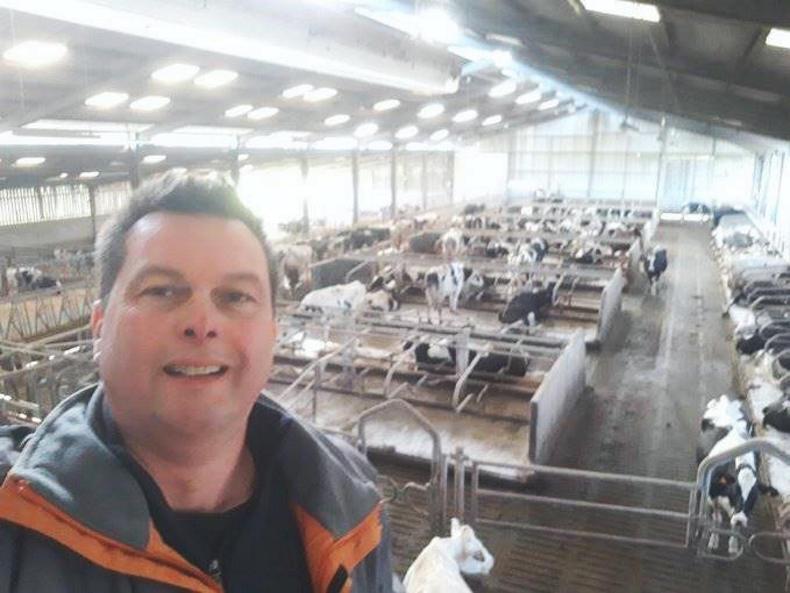
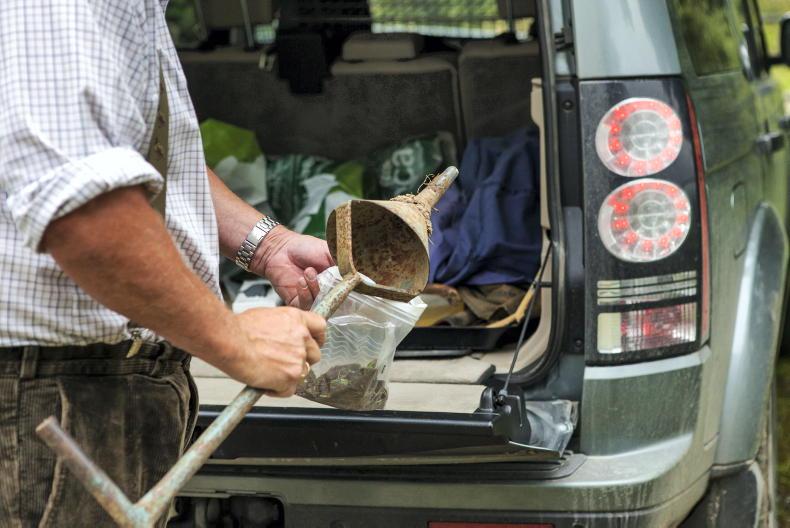
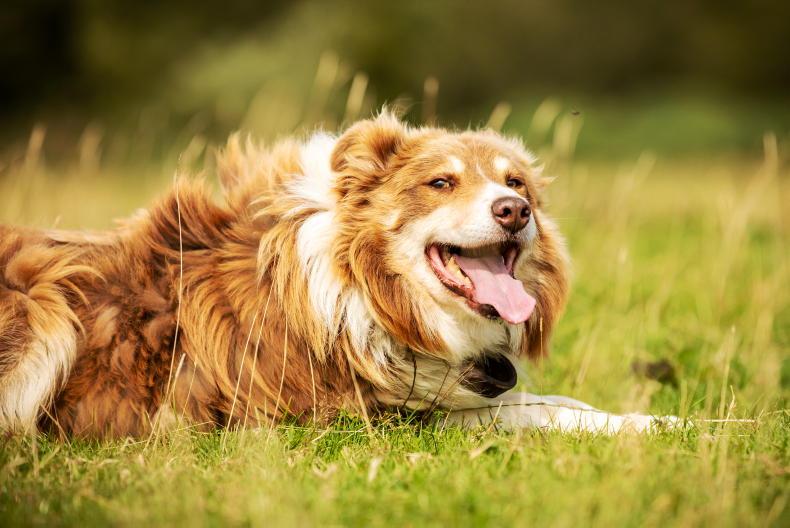
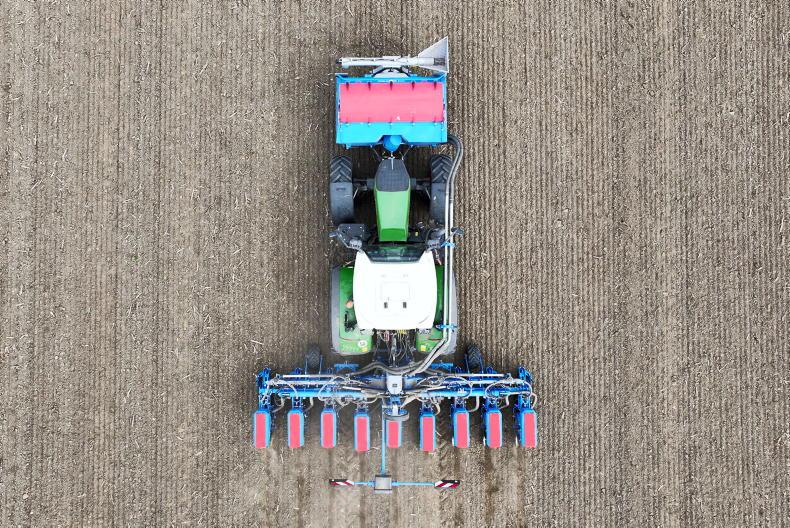
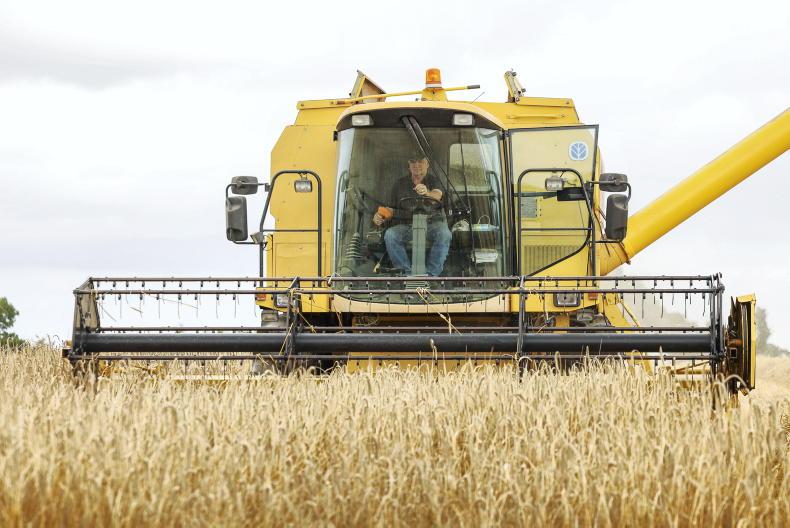
SHARING OPTIONS